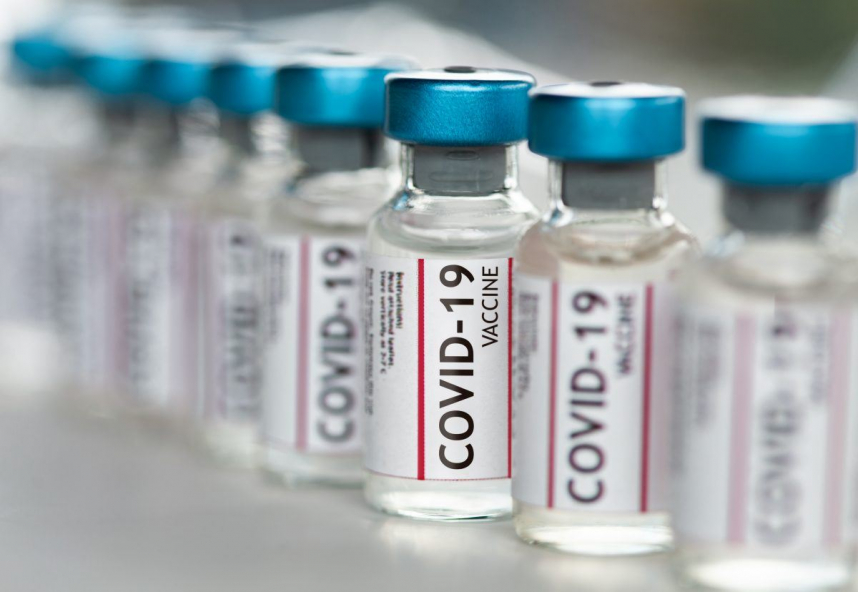
Around 1.8 million people in the U.S.A. received a COVID-19 vaccine during the week ended Sept. 22, according to data compiled by healthcare data and analytics firm IQVIA Holdings Inc.
- Around 1 million people received the Pfizer (PFE.N)/BioNTech (22UAy.DE) shot and
- just under 800,000 got the Moderna (MRNA.O) vaccine,
Michael Kleinrock, senior research director at the IQVIA institute told Reuters on Friday. He said the data might be missing some shots given at community vaccination sites and doctors' offices.
"It feels like a good number," Kleinrock said, noting that over the past two years, the public health emergency and vaccine mandates were helping to drive demand.
"The imperative to be vaccinated was part of the public discussion to a much greater degree," he said.
The rollout of the shots began in earnest after the U.S. Centers for Disease Control and Prevention (CDC) recommended updated shots from the manufacturers on Sept. 12.
The updated shots are monovalent, or single-target vaccines, aimed at the XBB.1.5 variant of the virus. The XBB.1.5. is an omicron variant that was dominant in the U.S. for much of this year but has since been replaced by other omicron variants.
Data from last year may not represent a perfect comparison, but around two weeks into the autumn campaign of 2022, the U.S. had administered around 1.5 million shots, according to the CDC.
U.S. public health officials hope that Americans will welcome the new shot as they would a flu jab. But demand for the vaccine has dropped sharply since 2021 when it first became available.
Last year, 56.5 million people, or around 17% of the U.S. population, received the updated vaccines.
COVID-19 vaccine makers have pared back expectations for this autumn's vaccination campaign, with Pfizer – the largest maker of mRNA shots with BioNTech – recently warning that it might need to cut jobs if it does not do well. Moderna conceded demand could be as few as 50 million shots.
"Does this point to COVID vaccines doing 50 million doses annually in the U.S.? I doubt it," Evercore ISI analyst Umer Raffat wrote in a research note about the IQVIA data. "But conversely, it also says this market is not completely over."